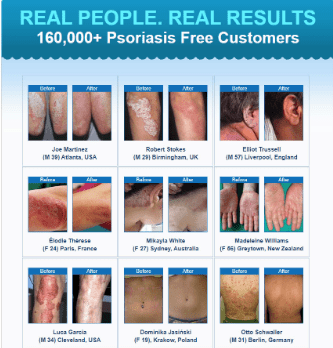Manage Stress Relief Techniques for Healthy Skin
Manage Stress to Encourage Healthy Skin
Take immediate steps to manage stress. Uncontrolled stress can make your skin more sensitive, trigger acne breakouts and cause other skin problems. Encourage habits that lead to healthy skin and a calm state of mind. Get enough sleep, set reasonable limits, scale back your to-do list and make time to do the things you enjoy. The results might be more dramatic than you expect.
Stress has always been a part of our lives. In this hectic time, people lead an increasingly stressful life. Experts state that a little pressure can be good; it keeps you sharp and ready to move forward and is sometimes vital for achieving optimum performance. However, medical research has determined that prolonged mental pressure is very bad for the body and can block the body’s natural ability to repair, regenerate, and protect itself. Over 90% of disease is caused by lifestyle pressure. Stress is both a physical and psychological response. It can lead to chronic disease, obesity, insomnia, deteriorating relationships, depression, and more.
Stress is such a powerful and harmful force that it is vital that you learn effective management techniques to live a successful, happy, and healthy life. We must remember that we will always come across inevitable factors that cause pressure and anxiety. What we do not know is that it is not really the problems that are difficult to deal with, but our attitude towards them. So basically, we must learn to manage stress before it becomes destructive to a healthy state of mind. Manage anxiety by changing your attitude toward stressful things. What, then, is an effective way to deal with stressors?
5 Great Tips to Manage Anxiety
1. Identify what makes you stressed and uneasy. Making a list of your stressful experiences is useful to help manage anxiety. Immediately deal with the issues that you can change, for instance, waking up earlier for work in the morning, not leaving things till the last minute, and delegating tasks in case you are taking responsibility for everything. Forget about the issues that you cannot influence, like being stuck in a traffic jam or not getting into the elevator because there is no room for you.
2. Calm down. A few minutes of rest would do you good. Wash your face, breathe slowly and deeply, and notice if there is tension in any part of your body. Release it. You can also listen to relaxing music or call a friend. Releasing your inner feelings to a friend is a healthy option.
3. It will pass, and it will be over before you know it. Reminding yourself that the stressful event will end sooner or later can help you see the positive sides of things. At the same time, calm down your emotions and think of what is the best thing to do, rather than taking your energy away from what needs to be done.
4. Know yourself. Ask yourself: What triggers your anxiety? If, for example, it is your job, then maybe it is time for you to reconsider whether it would be best to find a less anxious job. You can also make your job more tolerable by allowing yourself to take that needed vacation or leave.
5. Learn to manage anxiety by using your relaxation response. Just as we all have within us the anxiety response, we also have an opposite response, which is the relaxation response. A person should elicit that on a regular basis. The relaxation response involves two steps. Repetition: the repetition can be a word, a sound, an expression, or a repetitive movement. The second step is to ignore other thoughts that come to your mind while you’re doing the repetition and come back to the repetition. The technique should be used once or twice a day for about 15 minutes.
Sit quietly and choose a suitable repetition, like a prayer, the sound Om, the word love, or calm. Or you can do a repetitive exercise, for instance, yoga, jogging, or Reiki. Additional repetitive activities are knitting or handicrafts. When you incorporate this into your everyday life, you become calmer and better able to handle stressors. Practice makes perfect, and the more you practice relaxing your mind, the easier it gets.
The true causes of anxiety are not the problems or negative experiences that you encounter in your life, but your attitude towards them. So, the trick is to change your attitude and to develop a relaxed state of calmness, because you cannot be stressed and relaxed at the same time. It is important to understand that what we focus on energizes us. The more you continue to think about the factors that cause pressure, the more energy you give it. So it is vital to let go and focus on relaxation instead. Consequently, you’re less likely to be upset by a stressor and thus less likely to have its harmful effect occur.
Eventually, it will be your choice. You could either continue to react in the same stressful way, or you could choose to love the skin you’re in by changing your attitude and becoming relaxed. There’s no other way around it.







